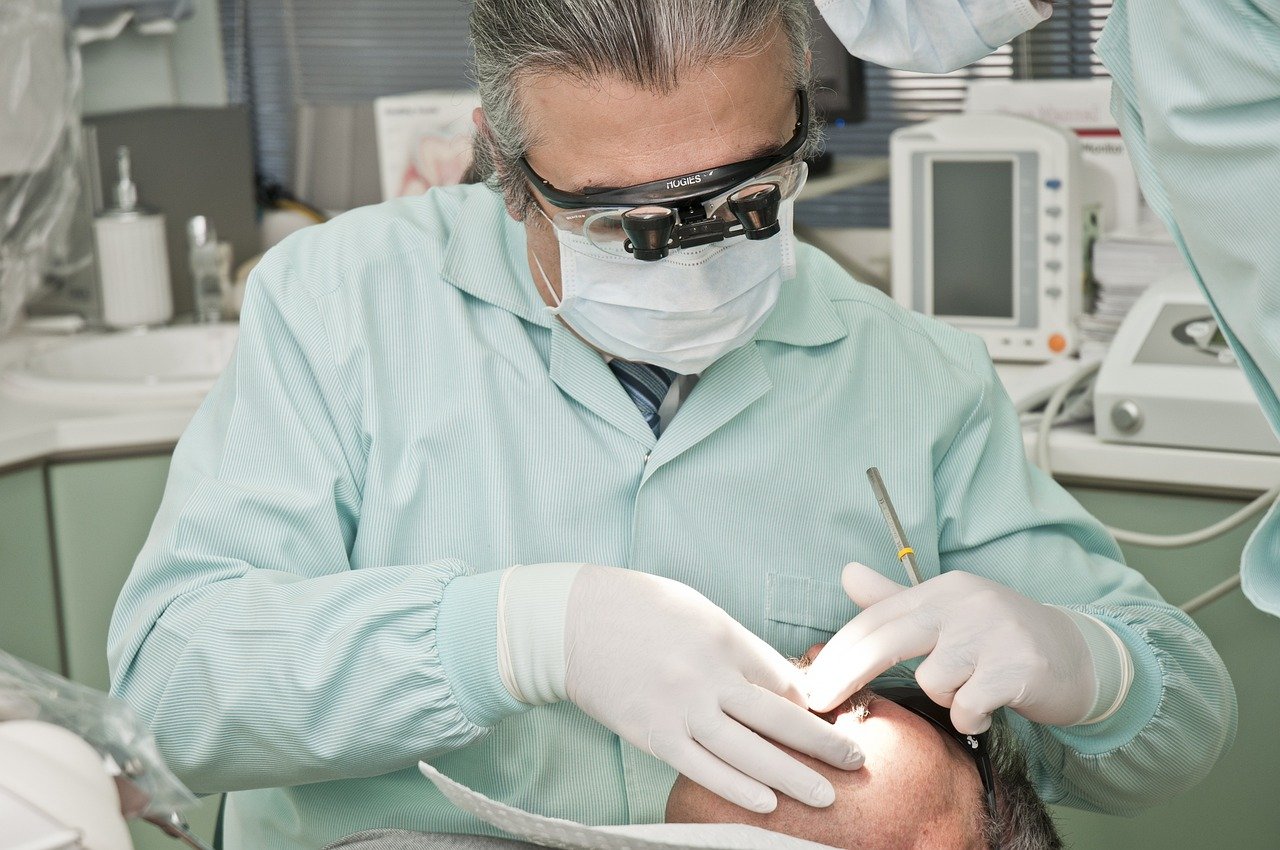
Teeth Sensitivity
For people with tooth sensitivity, eating or drinking certain substances or those at certain temperatures causes discomfort or pain in their teeth. The pain is often sharp and sudden, but it is temporary. Tooth pain occurs when stimuli, such as hot and cold, reach a tooth's exposed nerve endings. Fortunately, sensitive teeth can be treated, and the condition can improve.
Some factors that contribute to sensitive teeth may include:
• Brushing too hard or using a hard-bristled toothbrush. This can wear down enamel, causing dentin to become exposed, or encourage gum recession.
• Gum recession. This often happens in people suffering from gum disease, including gingivitis. Cracked teeth. Cracks can become filled with bacteria from plaque and cause inflammation in the pulp of the tooth. In more severe cases, it may lead to abscess and infection.
• Teeth grinding or clenching. This can wear down enamel.
• Plaque buildup.
• Long-term use of mouthwash. Some over-the-counter mouthwashes contain acids. If dentin is exposed, the acids can worsen existing tooth sensitivity and further damage the dentin layer. There are neutral fluoride mouthwashes available that might be a better option.
• Acidic foods. These can encourage enamel reduction.
Dental procedures. Teeth may be sensitive after professional cleaning, root planing, crown replacement and other procedures. Usually the pain will disappear in four to six weeks.
There are 2 types of solutions. The ones you can do at home, and the ones who needs treatment on the clinic.
The following are some at-home treatments:
• Desensitizing toothpaste. There are several brands of toothpaste for sensitive teeth that are available. Your dentist may recommend one, or you may have to try different brands until you find the product that works for you. Be sure to use fluoridated toothpaste for sensitive teeth, not tartar-control toothpaste. Try spreading a thin layer of desensitizing toothpaste on the exposed tooth roots before bed.
• Use a soft-bristled toothbrush.
• Avoid highly acidic foods.
• Use a fluoridated mouthwash daily.
• Avoid teeth grinding. Consider getting a mouth guard.
The following are some dental procedures that may reduce tooth sensitivity:
Bonding, crowns or inlays. These may fix a tooth flaw or decay that is causing sensitivity.
• Fluoride gel.
• Surgical gum graft. This will protect the root and reduce sensitivity if the gum tissue has eroded from the root.
• Root canal. This is a last-resort treatment for severe tooth sensitivity that has not been helped by other methods.

